Partnerships
Our public and private sector partnerships
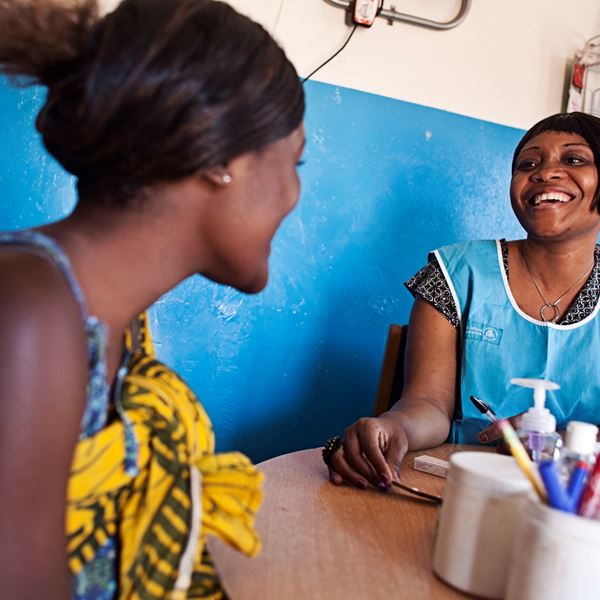
Reducing duplication and maximising impact
We serve as a key ally of the Ghana Health Service and other government agencies, including the National Population Council.
The work with our partners has included the development of new sexual reproductive health protocols, including the revision of the National Population Policy, Adolescent SRH policy and the Ghana Family Planning Costed Implementation Plan 2016-2020.
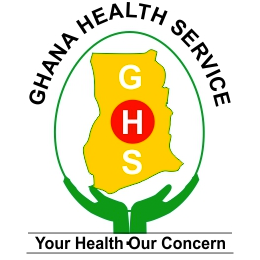
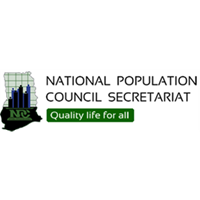
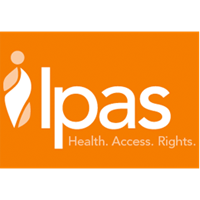
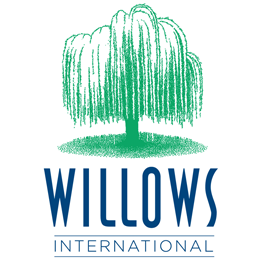
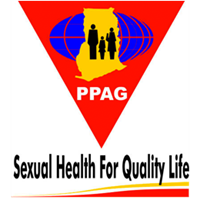
R3M Consortium
The Reducing Maternal Morbidity and Mortality (R3M) programme provides technical and financial support to increase access to family planning and comprehensive abortion services across Ghana.
Since 2006, Marie Stopes have supported the Ghana Health Service in implementing the R3M programme alongside organisations including the Population Council of Ghana, Ipas Ghana and Willows International. The programme now covers the areas of Greater Accra, Eastern and Ashanti regions.
The main objectives of R3M:
- Family planning service provision
- Supporting the Government of Ghana in achieving its contraceptive prevalence goals
- Helping to lower rates of mortality and morbidity due to unsafe abortion across Greater Accra, Eastern Ghana and Ashanti regions.
As a member, we value our role in the consortium that serves as a strong coordination mechanism for delivering sexual reproductive health and family planning services in Ghana.
It also helps to provide an environment for its partners to create synergy across their work.
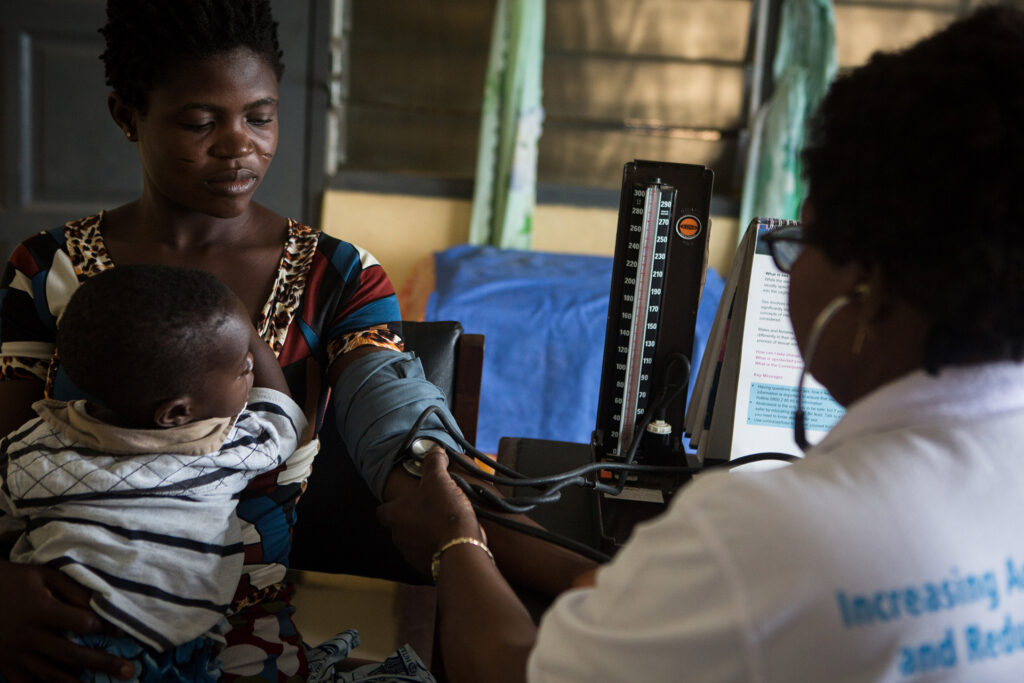
NGO partnerships
Key to the ongoing success of our work in Ghana is the work we do with Non-governmental organisations (NGOs).
Our current work with NGOs includes our partnership with other NGOs in Ghana, to develop and promote a manual for age-specific reproductive health education (RHE) for schools. The results of this process will culminate in the Ministry of Education adopting the content of the manual as a basis for curriculum review to integrate age-specific reproductive health education fully into the basic and second cycle educational curriculum.
Complimenting our services
To help enrich the services we provide across Ghana, part of our mission ensures we support public sector strengthening.
This includes expanding our service provision and helping to develop policy to expand sexual reproductive health education. By reaching more clients and raising more awareness of issues, we are able to further focus on reaching the most disadvantaged and marginalised areas of the country.





